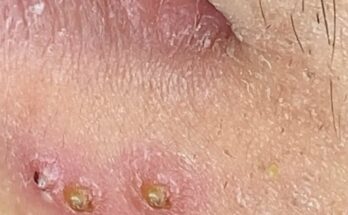When it comes to weight loss, most people focus on calories, workouts, and diets. But there’s a powerful and often overlooked factor that plays a key role in managing your weight: gut health.
Your gut is home to trillions of bacteria—collectively known as the gut microbiome. These microbes don’t just help you digest food; they influence metabolism, appetite, inflammation, and even mood—all of which can affect your ability to lose weight.
1. Gut Bacteria and Metabolism
A balanced gut microbiome supports better metabolism. Some gut bacteria extract more calories from food, while others help break down fiber into short-chain fatty acids, which can regulate fat storage and hunger hormones. An unhealthy balance (called dysbiosis) may contribute to weight gain or difficulty losing weight.
2. Inflammation and Insulin Resistance
Poor gut health can trigger low-grade chronic inflammation, which is linked to insulin resistance—a condition that makes it harder to burn fat and control blood sugar. Improving gut health may reduce inflammation, helping your body respond better to insulin.

3. Cravings and Appetite Regulation
Certain gut bacteria can influence food cravings and appetite through chemical signals sent to the brain. A diverse, healthy microbiome helps regulate the hormones ghrelin and leptin, which control hunger and fullness.
4. How to Improve Gut Health for Weight Loss
-
Eat more fiber-rich foods: fruits, vegetables, whole grains, legumes
-
Add fermented foods: yogurt, kefir, kimchi, sauerkraut
-
Limit processed foods and added sugars
-
Stay hydrated and manage stress
-
Consider a probiotic supplement (with guidance from a health professional)



